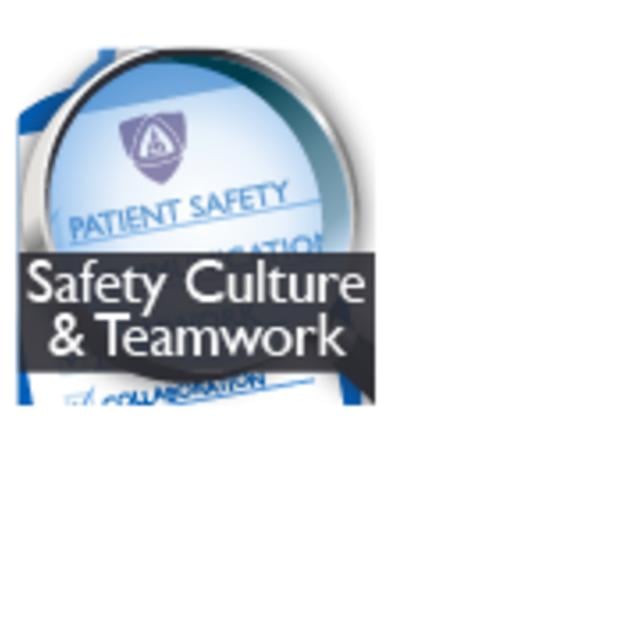Eileen Kasda
Kasda’s primary responsibilities involve management of the Johns Hopkins Health System’s event reporting initiatives. She has presented both nationally and internationally on how event reporting data can be used to improve culture and to design safer care delivery systems, and sharing opportunities for advancements in event reporting analytics. Kasda also helps lead the health system’s Patient Safety Organization efforts to ensure appropriate data protections and maximize patient safety learning.
Within The Johns Hopkins Hospital, Kasda manages the functions of the hospital’s Patient Safety Committee. She leads various event review meetings and process improvement projects, helping teams to identify opportunities to prevent or mitigate harm and improve care. She also participates in root cause analyses as needed. Kasda is most active in the Hopkins Event Action Team, which meets weekly to triage important patient safety events, as well as groups focused on patient identification, pain management, continuity of care, and health IT safety.
Kasda participated in a patient safety research grant using malpractice claims to develop care transition planning tools. She is also helping to lead the organization’s efforts to integrate concepts of mindful organizing and principles of high reliability into operations.
Kasda has a Master’s of Health Science in Health Finance and Management and is currently enrolled in a Doctorate of Public Health program at in Healthcare Management and Leadership at the Johns Hopkins Bloomberg School of Public Health. Her dissertation work is focused on better understanding the key predictors of event reporting culture. Kasda frequently mentors other students and safety fellows, hosts observers, and leads educational sessions on patient safety.
More info here.

